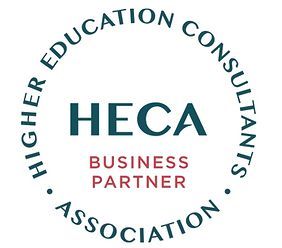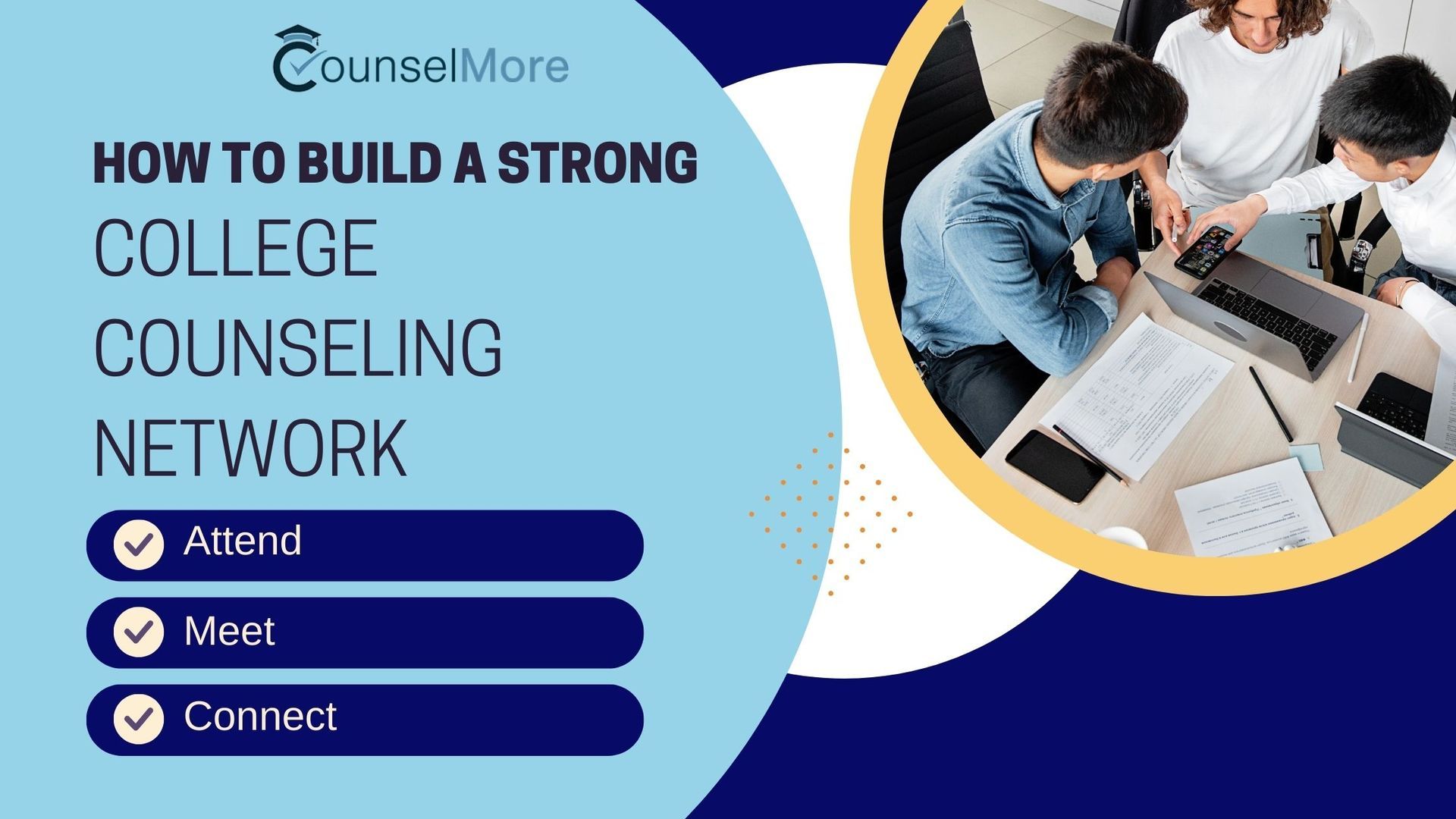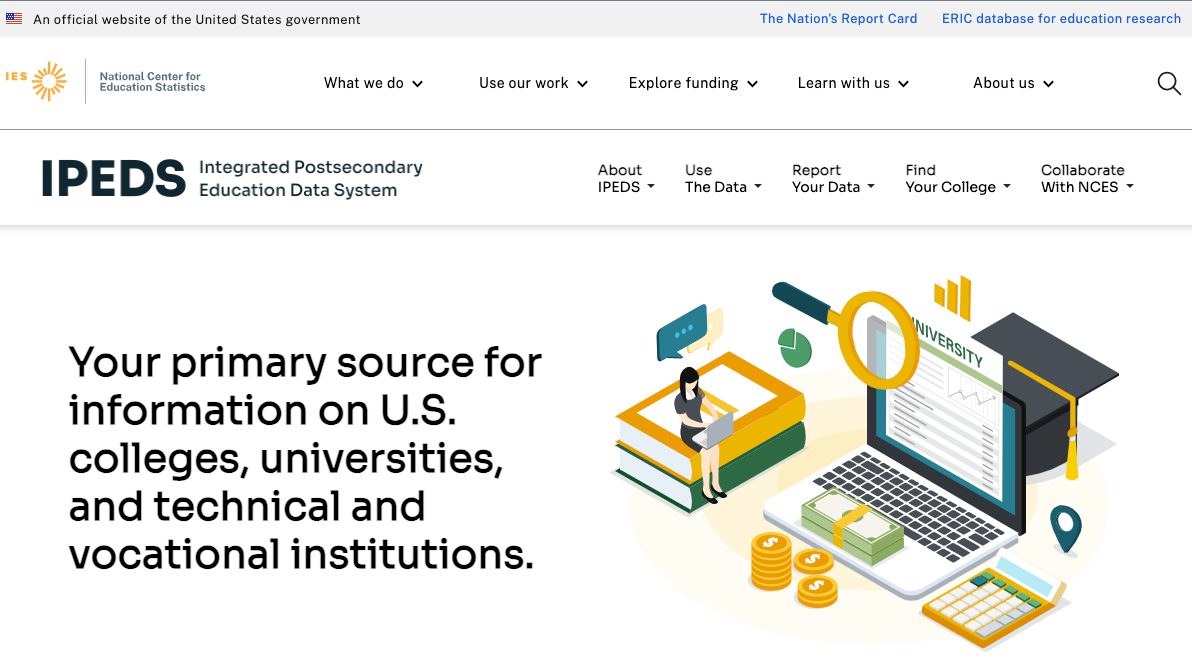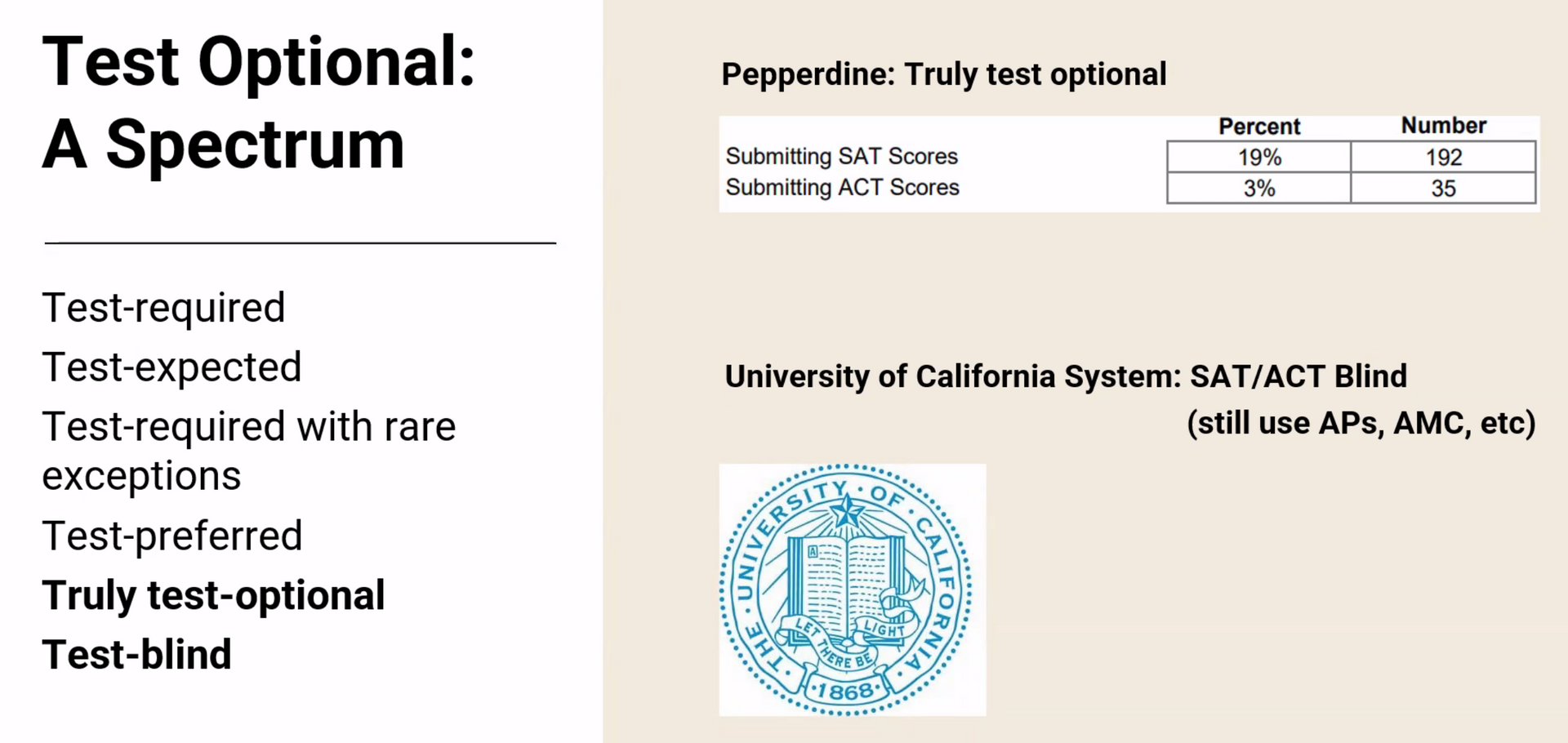Advice on starting your Independent Higher Education Planning Service Company

As an educational professional offering guidance to someone considering launching their own consulting practice specializing in private college prep services and admissions advising, it's crucial to weigh different business structures.
Let's compare the options of a sole proprietorship, an S-Corp, and an LLC:
Sole Proprietorship:
An educational consulting sole proprietorship is a business owned and operated by one individual. It's the most cost-effective option to set up. As an educational planner providing private college prep services and admissions advising you have complete control over your practice's operations. Everything you are paid is yours, allowing you flexibility in reinvesting or keeping the profits. Ever wonder how educational consultants can afford all of those conferences and college tours??? They have no overhead.
However, keep in mind that personal and business assets are at risk and (if you choose to get it) liability insurance premiums might be high. Additionally, if anything goes wrong it's all on you! So you’d need a plan for that…
S-Corporation (S-Corp):
An educational consulting S-Corp is a legal entity owned by shareholders but with pass-through taxation similar to partnerships. For your private college prep and admissions advising practice an S-Corp could offer limited liability protection for shareholders, safeguarding their personal assets. Profits would flow directly to the shareholders' personal tax returns, avoiding double taxation - bonus! The ability to raise funds through the sale of stock is another advantage.
On the downside, establishing and maintaining an S-Corp requires more time, effort, and money compared to a sole proprietorship. Compliance with various regulations and additional paperwork are also necessary. But a good tax preparer could walk you through that process and maintain it for you. This is the choice educational consultants make if they are planning to scale because they can easily offer shares to co-owners while maintaining a controlling number of shares.
Limited Liability Company (LLC):
An educational consulting LLC is a hybrid business entity that combines aspects of a corporation's limited liability with the pass-through taxation of partnerships. This structure could be particularly beneficial for an educational planner providing private college prep services and admissions advice.
As an LLC owner you would not be personally liable for the company's debts and obligations, protecting your personal assets. Think about this if you had significant startup costs and wanted to avoid the risks of a company closing (meaning you’d avoid paying the company's debt out of your own pocket).
Additionally, you'd enjoy the advantages of pass-through taxation, avoiding double taxation on profits. The setup requires fewer formalities than a corporation; no board meetings or filing with state agencies. It offers more flexibility in management and ownership structure. But again a good tax preparer can walk you through the process and maintain your paperwork.
Nonetheless, there are some considerations with an LLC. While profits are passed through to the owners' personal tax returns, they may also be subject to Social Security and Medicare taxes, potentially resulting in higher tax payments compared to an S-Corp. Also, LLC owners must recognize profits immediately for tax purposes. So you will need a bookkeeper and a tax preparer. Furthermore, employee benefits might not receive the same tax treatment as they would with a corporation.
As you plan to launch your educational consulting practice specializing in private college prep services and admissions advising it's essential to seek advice from both a financial advisor and an attorney. LegalZoom is a great alternative for low cost legal advice. Invest the time in finding the right
tax preparer and bookkeeper. These two lifelines will keep your books balanced and keep you out of trouble. They can provide personalized insights based on your specific business goals and help you choose the most suitable structure to ensure success and mitigate risks.
Written by:
Margaret Rothe, Campus Life & Student Affairs Professional, MA Higher Education, Student Affairs, owner of HigherGrounding, a college consulting agency
Disclaimer: This post may contain affiliate links, which means we may earn a comission if you make a purchase through those links. This is at no extra cost to you and helps support the blog. Thank you for your support!



















